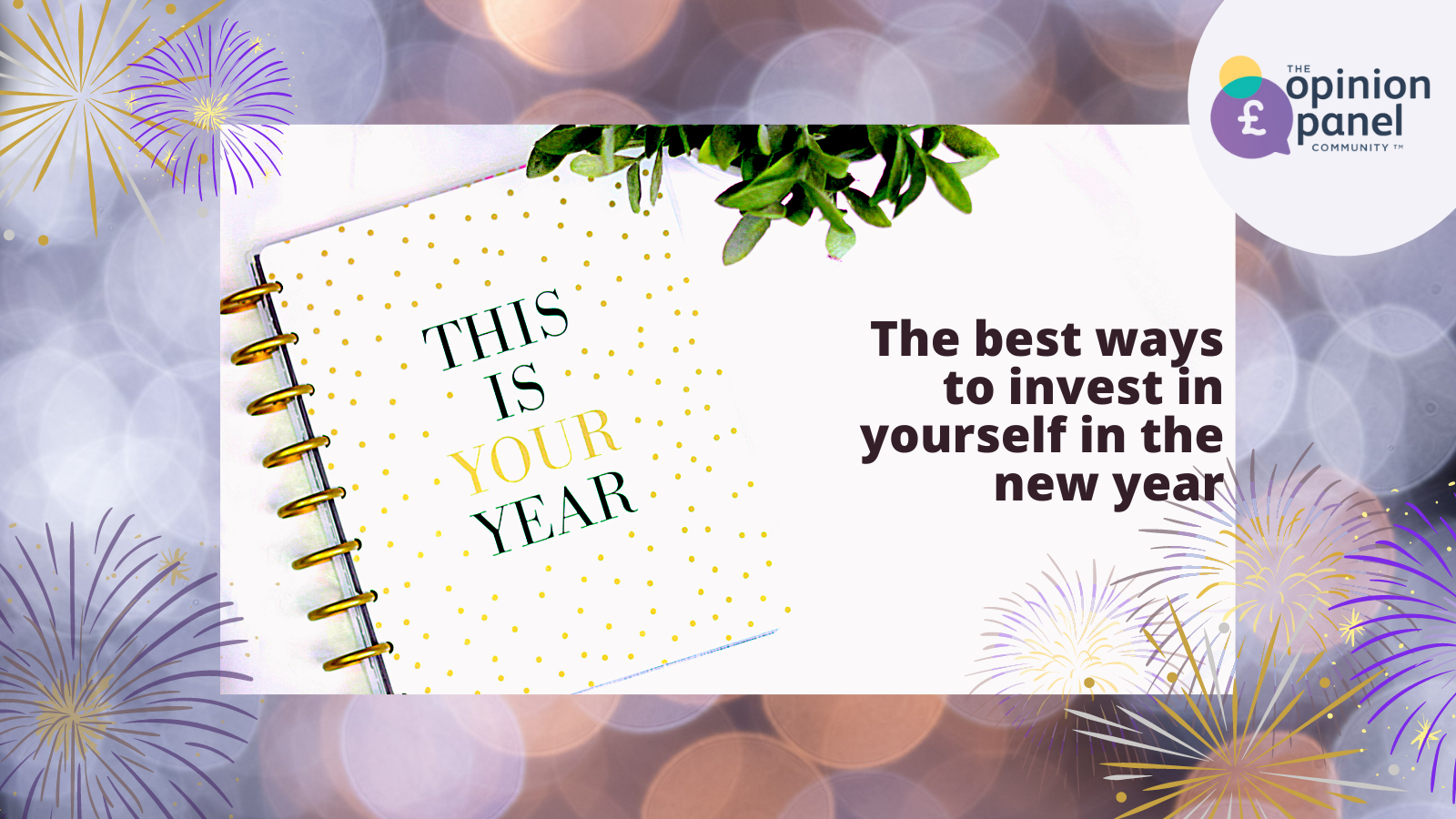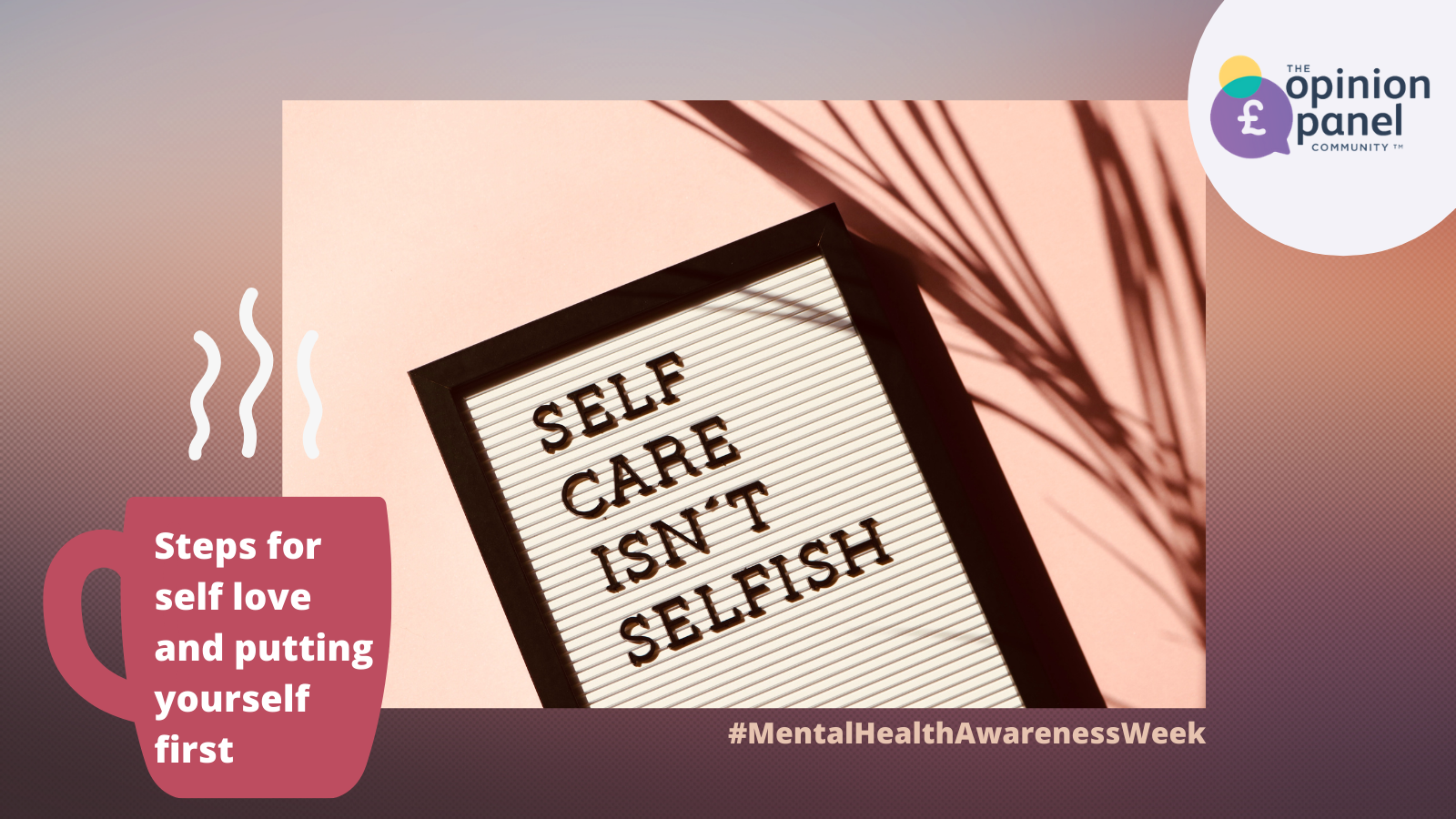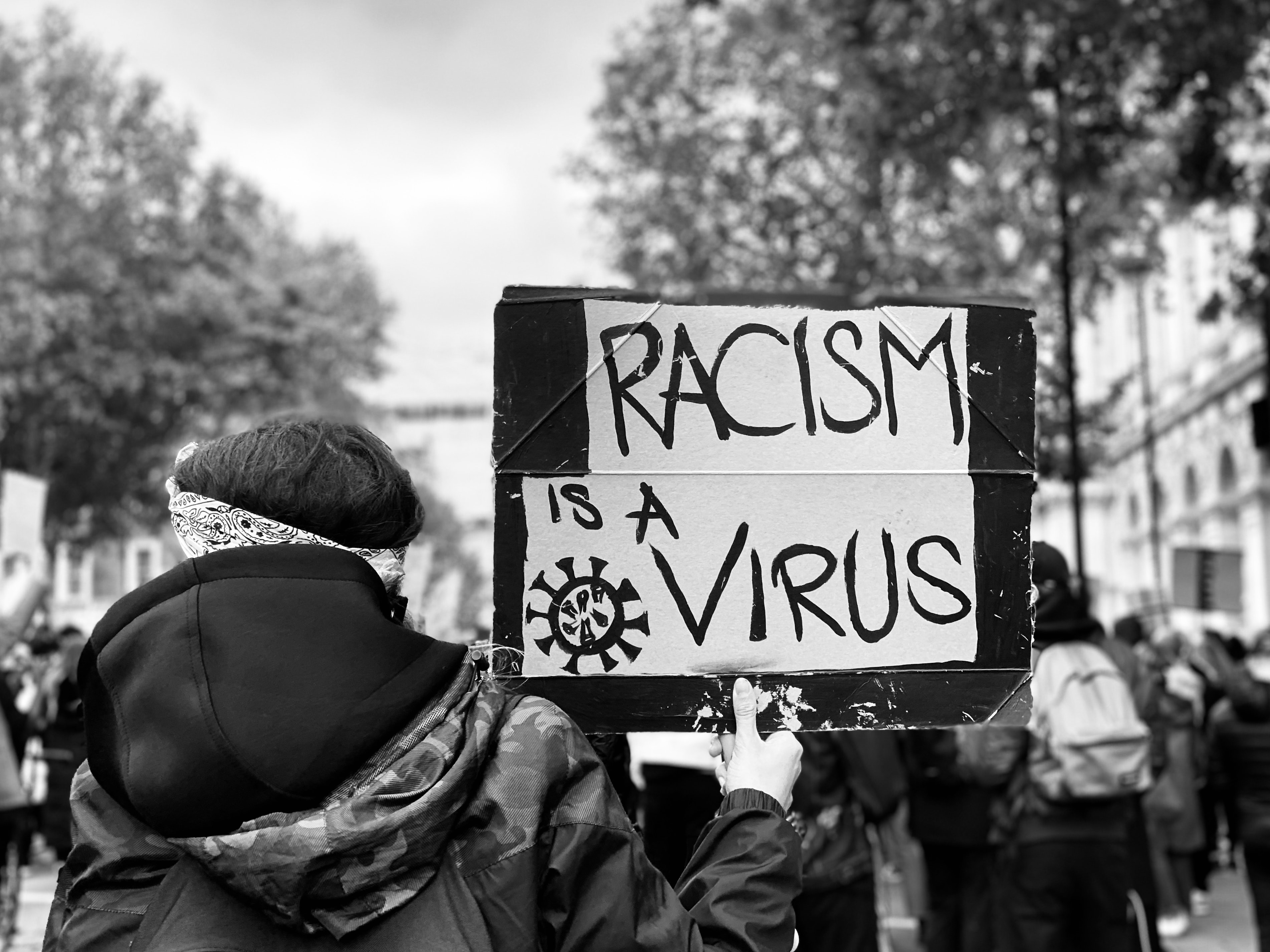
In this article, Lahmia talks about her experience with racism and bullying that made her question her identity. She provides us with her ‘4 tenets of wisdom’ and hopes something can be learnt from her experiences with racism and my body issues.
Beautiful beginnings…Ugly endings
During late June – I, like any other person, got roped into the intrigue surrounding Karmageddon. Karmageddon, if you weren’t aware, involves some of the most controversial figures of the beauty community – Jeffree Star, Shane Dawson, James Charles and Tati Westbrook. It concerns the calls for the deplatforming and cancellation of Jeffree Star and Shane Dawson for their roles in orchestrating the Bye Sister scandal of 2019. A whole cornucopia of information from the dark dredges of the internet burst forth. It detailed the nauseating pasts of these two figures for their racism, homophobia, transphobia, lying, manipulation, and possible predatory behaviours. Yikes. Not a good look at all.
I had no idea what was going on in the beauty community, nor had I any interest in makeup (but recently I’ve found that the online skincare community is super sciencey and interesting). However, I was more than happy to keep tabs on the drama because a) quarantine is boring and b) I had nothing else better to do. One thing about the whole scandal really stood out to me – there was a documented racial attack back in 2018 where Jeffree Star called Jackie Aina (another famous beauty guru), a black woman, a “gorilla”. Huh, that sounds awfully familiar to me.
Memories Never Go Away…
That word, “gorilla”, brought up a slew of painful memories that I tried to repress long ago, things that I don’t think I’ve dealt with at all. The event came back to me, clear as the summer sky. I remember being in my primary school’s classroom, I must have been somewhere between 9 or 10 years old, and I remember a white boy calling me, a brown girl, a “gorilla”. I burst into tears and asked for the teacher’s help (my white, male teacher) and the help of my classmates (also mostly white – I went to school in Scotland, which isn’t typically known as an ethnically diverse place) – but I can only remember their paltry attempts at consoling me; phrases like “we’re all related to gorillas” and insincere phrases such as “it’s actually a compliment” (which is actually gaslighting, by the way) swam in my head.
I knew back then that calling a woman of colour a “gorilla” was messed up, but as a child, I lacked the understanding that I have now of the phrase’s dark implications.
That instance reminded me of other times back in primary school where I was belittled just for the way I looked. Being called “ugly” all the time, and being mocked for my prominent body hair made me feel terrible about myself. I remember that I was probably the only person who had to start epilating of all my classmates when I was about 8-10 years old. I’m pretty sure there were white girls that were equally as hairy as I was, but they had the privilege of having less noticeable body hair.
Memories either make you, or break you…
I soon came to realise that these upsetting chains of events created a long-lasting hatred of my body. I’ve always felt insecure in my own skin, never comfortable with the way that I looked. I always felt like the perpetual “ugly duckling” among my peers. I loathed the weird curvature in my spine. I’m still insecure about my chest and all the stretch marks that I have.
I remember that I started to eat more because I thought that the weight would go to the areas of my body that I hated – but gaining weight only made those issues worse. The bullying from my childhood made me question my own identity – I’m still unsure of the person that I am; and the hatred that I received created a whole slew of suicidal thoughts that has slowly evolved into a sort of quiet background fuzz that inhabits my mind as the days pass.
Worst of all – I freak out when anyone takes romantic interest in me. Whenever someone calls me “beautiful”, or “pretty” I have a really hard time believing that it’s true, and I feel like I can’t trust them or they’re trying to get a reaction out of me, so that I’ll look stupid. Maybe it’s why I haven’t been in a serious relationship, or any relationship at all.
I just wish I got help sooner in dealing with this sort of thing, or I wished I made a greater fuss about this whole issue when it happened on that day. Anything to save me from the issues that I have to deal with now and work on in therapy. If coping with this was bad enough for me, I can only imagine the pain that black girls, women, and mixed-race black women experience day by day.
My 4 tenets of wisdom…
-
Calling a mixed woman, woman of colour, or person of colour who is femme-aligned a “gorilla” is racist, period.
You’re mocking that person’s facial features, hair, body, and skin colour. These are aspects of themselves that they have no control over. You’re making them feel inferior about their own appearance as they are unable to conform to western standards of beauty.
-
You are purposely dehumanising a woman/femme-aligned person.
By likening someone’s appearance to that of an animal – you’re telling someone that they’re savage, wild, not even human. You’re telling someone that they’re a lesser being, inferior because of their appearance, or because of the abundance of melanin in their skin. What an awful thing to do.
-
Ergo – femininity is only exclusive to white women/femme-aligned persons.
Mixed-race girls, black girls, indigenous girls and other women of colour/femme-aligned persons are inherently unfeminine if you make that comparison of their appearance to that of an animal. Their appearance and the way that they live their lives is seen as masculine, intimidating. Only white women can be seen as feminine, dainty, delicate – if they express any other ‘masculine’ trait, it’s generally accepted by society. If a non-white woman tries to act in a more feminine manner – she’s dragged down and put in her place, for no good reason. This issue breeds another issue where white women weaponise their femininity to attack people of colour (e.g. the Amy Cooper incident in Central Park) and also helps give rise to white, non-inclusive, non-intersectional feminism.
-
Speak up!
If you’ve been at the receiving end of a racist attack – this isn’t normal, and it shouldn’t be normal to face such abuse from others. Immediately report this incident to a teacher, trusted friend, to another person of authority, a helpline. You could report to the police (sometimes iffy due to the racial bias against POC – be careful!). Keep pressing authorities if they don’t do anything about racist attacks – be persistent and remind them that racism should be tackled head on.
If necessary, seek out therapy and support groups to help unpack your trauma and issues. You aren’t a coward, or a wuss for needing or wanting help – it’s perfectly normal to do so.
If you’re white, or have white-passing privilege, use your voice to help support and stand up for mixed race people and people of colour who cannot pass, and face abuse because of their race.
If you’re white – seek out resources and educate yourself on racism; especially systemic racism, colourism, the history behind racial slurs, and the effects of colonisation. Watch documentaries, read books, listen to podcasts, and support creators and influencers of colour. Touch base with your friends of colour, be open and ask about their experience. Examine your own biases against people of colour – and work hard to unlearn these biases. It won’t be easy, and you may make mistakes along the way; but if you put in the work, the end result – a more empathetic and tolerant person, will be worth it.
Bad endings, better beginnings….
I hope that something can be learnt from my experiences with racism and my body issues. I wish I could put out less dreary articles. It’s important to be honest and genuine about my issues, experiences, opinions and emotions. Maybe after I’ve unpacked things, my content may be more optimistic. I’ve got a lot of work to do in order to let that happen.
Until next time, fellow reader. Stay safe, stay beautiful, stay tolerant and open. I wish you all the best in life.
If you’ve had similar experiences, Young Minds have a number of resources available online that may help. You can check them out here.
Let us know your thoughts on this article in the comments below!
If you liked this article, you may also like some other articles on our blog:









I think…we will get there the world has come forward there’s cars that drive them self which no one thought would be possible